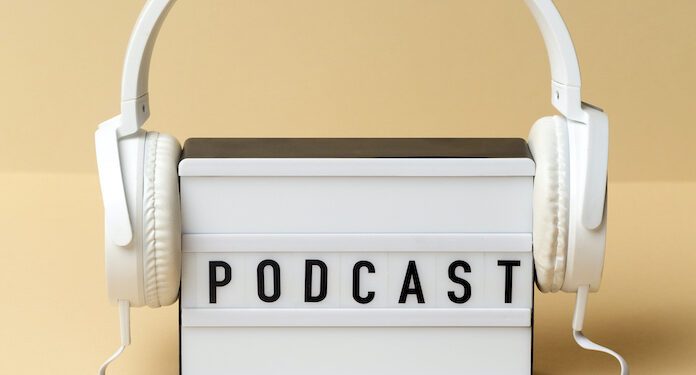Great. I can now walk into a meeting in which people understand what a podcast is. They can even see the value in podcast advertising – kind of.
But are podcasters ready for what getting advertisers on their shows really means – and do they even need to?
Podcasters could instead, build ecosystems of mutual support, where creators, listeners, and other podcasters sustain each other through rewards, gifts, and monetary and non-monetary exchanges.
And if brands are nice, we’ll invite them too.
A limited effect
Broadly, advertisers play a crucial role in sustaining the podcast industry.
Less so in South Africa.
Brands see the potential of the medium, leveraging pre-roll ads and branded podcasts to reach specific audiences. However, these methods often come with limitations – and frankly, there are better options if mass reach is your game.
Advertorial content is another option. This is where advertising is embedded into the show. Done well, everyone can win – but you run the risk of alienating listeners who have become adept at identifying (and skipping) these sections.
There is also the question of effectiveness. Even when brands invest in podcasting, they often find it difficult to measure long-term impact.
The transient nature of branded content means that its effect on listeners tends to fade quickly – unless brands fully commit to a long-term strategy.
Only those who persist with an ongoing inbound marketing plan tend to see results.
Lean into longevity
One of the podcast medium’s greatest strengths is its long-term relevance. Unlike many forms of media that lose their audience after an initial burst of interest, podcasts often attract new listeners years after they were first released.
Thanks to search algorithms and the evergreen nature of quality content, as well as growing audiences, podcast episodes remain accessible and continue to be discovered.
This durability gives podcasts a unique advantage. Creators can build up a library of episodes that continue to engage listeners, driving new traffic with minimal effort.
However, traditional advertising models fail to capitalise on this, focusing instead on short-term returns.
The codependent issue
Another challenge brands and podcasters face is that we are at the behest of tech behemoths like Apple, Spotify or YouTube, which control podcast discovery through algorithms. Even slight changes to these algorithms can have a devastating impact on creators who depend on predictable ad revenue.
As these platforms prioritise certain content, some podcasts may lose visibility, and with it, their primary source of income.
This dependence on third-party platforms has already resulted in financial instability in several markets and the perception that the ‘’bubble has burst’’ in the massive US market.
Studios have been forced to close and employees laid off as a result of these sudden shifts. In a time of economic uncertainty, this reliance on big tech companies for distribution and monetisation is a major problem.
An alternative ecosystem
How about an alternative model to traditional advertising; one built on a self-sustaining ecosystem where creators and listeners support one another?
In this system, podcasters could reward listeners for engaging with their content – whether it’s through listening into multiple episodes, sharing episodes with others, or offering feedback or social media support.
Listeners, in turn, can show their support by recommending the podcast, sharing their own content, or collaborating with the podcaster in meaningful ways. Fellow podcasters could also participate by cross-promoting each other’s work, contributing to a larger community that benefits everyone involved.
This collaborative approach fosters a deeper, more authentic connection between creators and their audience, while reducing reliance on advertisers and time creating the loyalty and community that leads to longevity.
Local, collaborative context
In South Africa, where many consumers are reluctant or unable to pay for media content, this alternative model holds particular promise.
Subscription-based podcasting has struggled to gain traction here, and audiences are generally not fans of spending money on content.
South Africans could gravitate to non-monetary exchanges – such as contributing feedback or participating in discussions – which aligns with the ecosystem approach.
By focusing on community support and collaboration, South African podcasters can avoid the limitations of traditional advertising models and build stronger, more sustainable relationships with their listeners.
A collaborative future for podcasting
Ultimately SA podcasting continues to grow without major investment or ad support, sustained by creators and listeners.
Podcasting needs to continue to evolve beyond the need for advertisers, by exploring alternative ways of creating value and increasing revenue.

Paulo Dias is the head of audio innovation at radio and audio advertising specialist agency, Ultimate Media, and a successful podcaster in his own right. He is also the founder of the South African Podcasters Guild.














